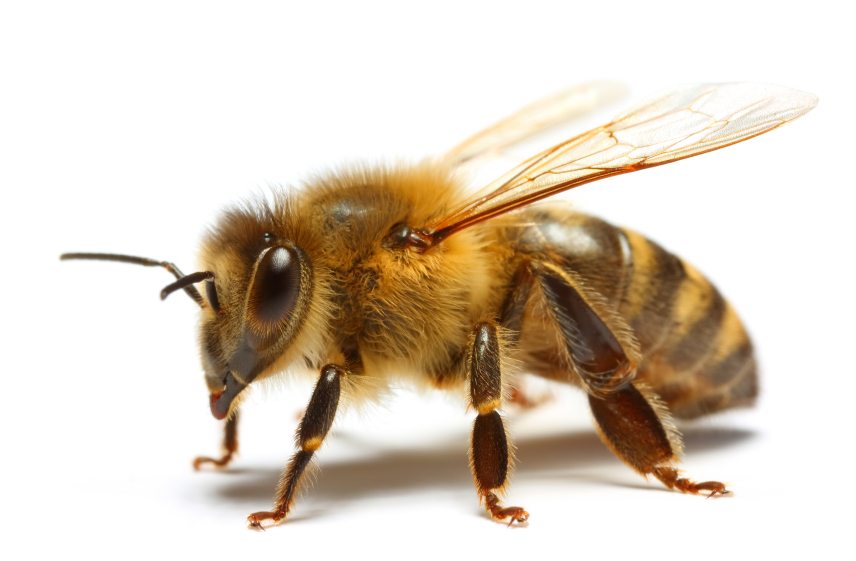There’s nothing I enjoy more than getting out in the field and investigating honeybee colonies. Alright, maybe there are a few things I enjoy more, but I consider it a “win” any time I get out of the office to work with bees! During these late summer and early fall inspections, which involve evaluating up to 150 samples taken from different hives across the country, I’ve gotten pretty good at predicting the rate of winter survival of colonies beekeepers can expect.
What I’ve seen so far this year really concerns me.
Since 2013, U.S. beekeepers have been doing better at reducing winter honey bee colony losses. Part of this success comes from better management of a principal cause of these losses – the Varroa mite. However, during my 2015 hive evaluations, I was disturbed to find the vast majority of hives contained mite infestations well above the threshold level of concern.
In the almost 30 years since Varroa was introduced to North America, I’ve learned that a hive containing three Varroa mites per 100 bees suggest that the colony is in trouble. While three mites may not seem like a big deal, remember that a typical colony may contain 40,000 bees – and that equates to more than a thousand parasites, which weaken bees through their feeding and disease transmission activities. This year I’m finding at least two-thirds of the hives I’ve examined contain mite counts above that threshold and many have exceeded seven mites per 100 bees, a level that is almost certain to result in colony failure this winter.
I checked with other honeybee experts to get a sense of what they’re hearing and seeing regarding Varroa infestations this fall and they’ve confirmed my worst fears. Recent scientific presentations at bee health conferences indicate that the U.S. Department of Agriculture is finding infestation levels up to eight mites per 100 bees this fall, which agrees with our own assessment. This does not bode well for honeybee colonies going into winter.
More information is available at: https://www.bayercropscience.us/news/blog/2015/november/11122015-expect-a-hard-winter-for-honey-bees










